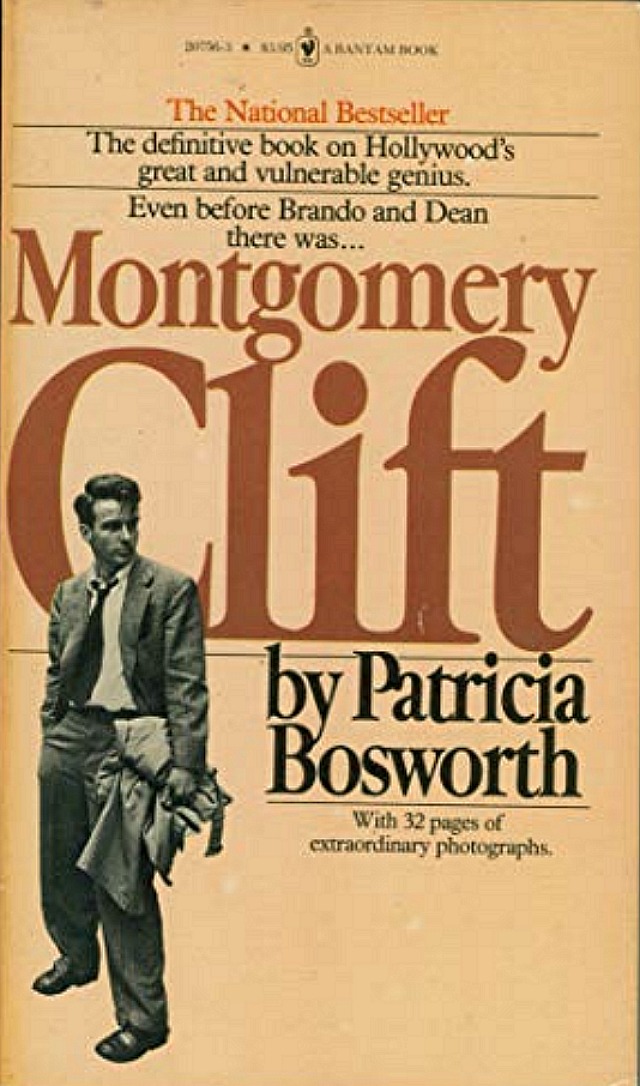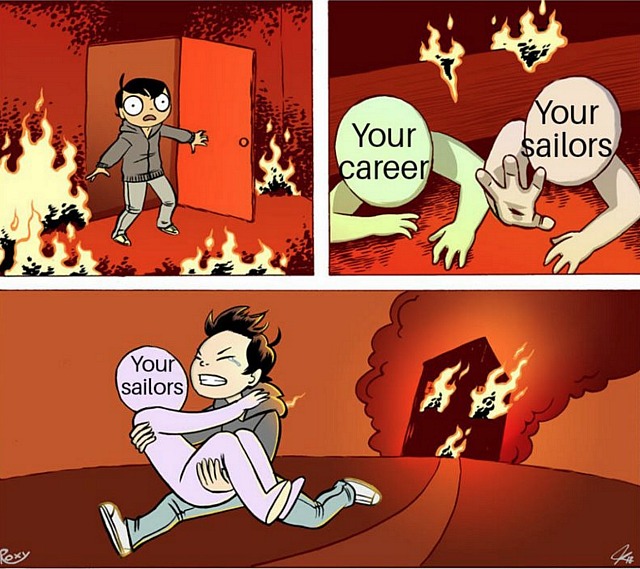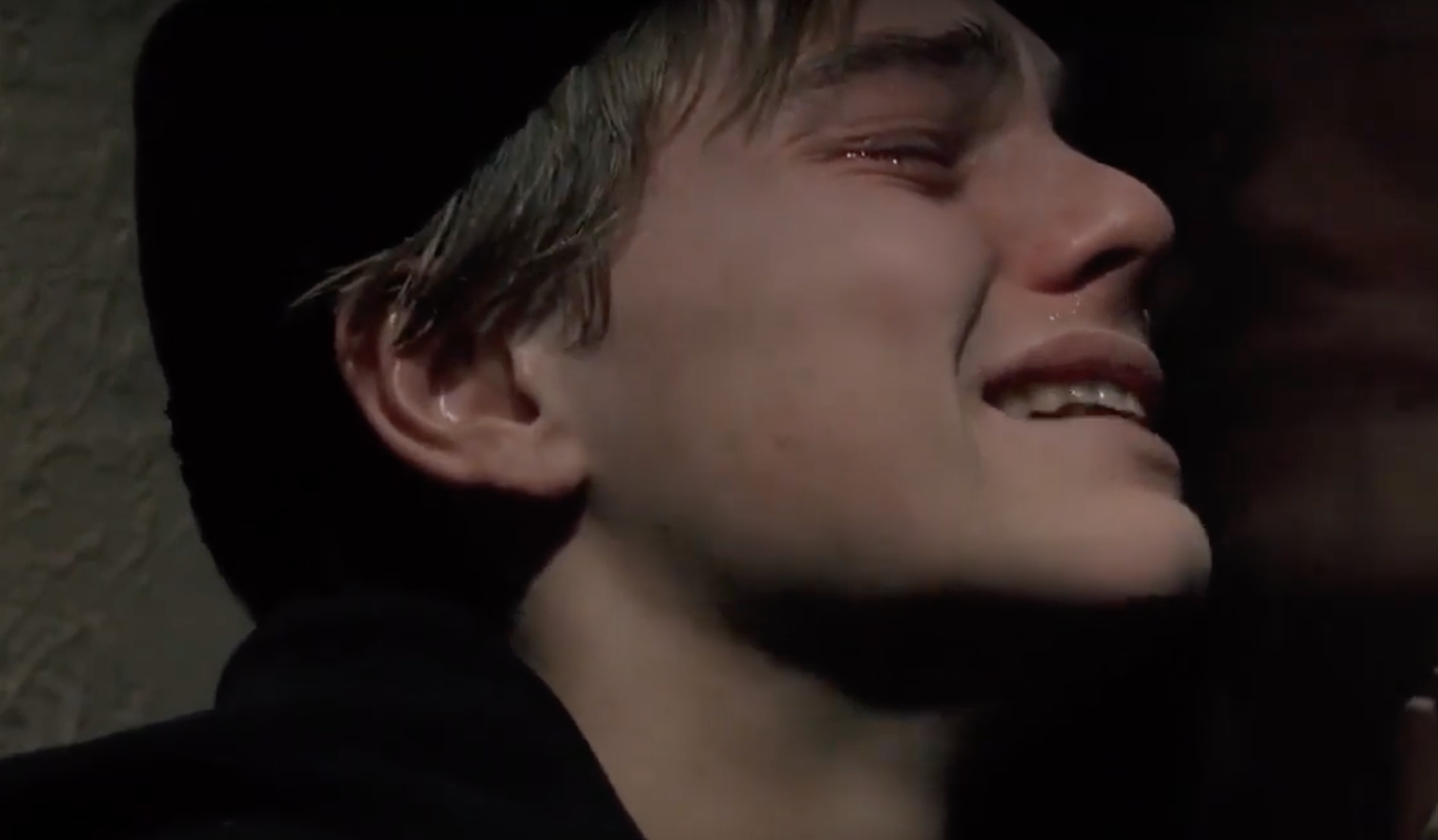N.Y. Times critics A.O. Scott and Manohla Dargis are celebrating His Girl Friday in their latest Coronavirus Viewing Party piece. Partly, they write, because this 1940 Howard Hawks film explores “the glories and outrages of a subject that is especially dear to both of us — journalism,” but mostly because Rosalind Russell‘s Hildy Johnson is a feminist icon — a flinty, whipsmart reporter and a complete professional equal of Cary Grant‘s Walter Burns.
What got my attention was their acknowledgment that “there are disgracefully battered copies” out there, and that “the best-looking ones we found are on the Criterion Channel and a free HD version on YouTube.” I’ve just watched the latter (portions actually) and it’s significantly better than the competition, which is to say blissfully free of the Egyptian mosquito swarm that smothers the Criterion Bluray, which is presumably identical to the Criterion Channel version.
Excerpt from HE review, posted three years ago: “I’m sorry but the Criterion Bluray really doesn’t look that much better than the way the old Columbia Tristar DVD did on my 480p Sony flatscreen.
“Yes, it’s a higher-quality transfer (if you project it onto a large screen it’ll look much better than the DVD) but it’s completely blanketed by digital mosquitoes. I kept thinking to myself ‘poor Ralph Bellamy, playing that poor dope from Albany and having to sit there and suffer as those billions of mosquitoes crawl all over his head and neck and hair, not to mention Cary Grant and Rosalind Russell and all the rest besieged by the same swarm.”









